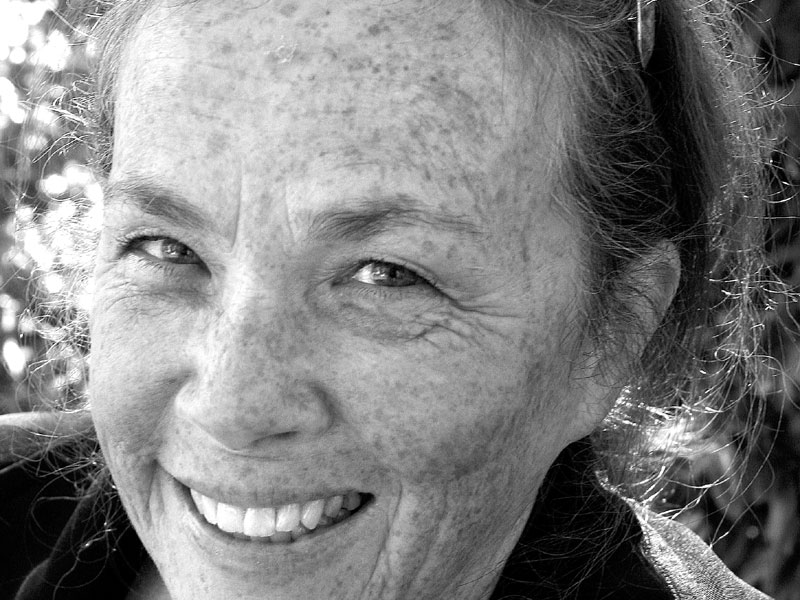Columnists
An apple a day

The time has come. I have avoided this topic like no other. A column isn’t really enough space, sometimes. So, for those of you who know me, and for those of you who would love to know me, you know I hardly ever speak about mental illness. Mental illness is like calculus: complex, hard to understand, compulsory for some and something to avoid. I am afraid of the “crazy”. I’m afraid of all the words we use to describe mental health problems. I am afraid of the “snap out of it” attitude we toss around. Like an elective subject, I have avoided the topic of mental illness, completely. It’s easy to misunderstand. It’s easy to get it wrong. It’s easy to judge the illness and blame the sufferer. I’m especially concerned with the patronizing tone we use when we hear about someone with a mental illness and say something stupid like “Relax, you’ll feel better in the morning. You have everything, and nothing to be sad about”.
What is it about mental illness that scares people? I think it’s because you can’t see it. There isn’t a bandage, a cast, a cane or an inhaler for mental illness. There isn’t a vaccine—and if there were a vaccine, someone would say it caused mental illness. Nobody wants to be the person who hangs out with a person who “isn’t quite right”, who might drag them down or contaminate them. No one wants to be with someone who is mentally broken and the contents of the best first aid kit won’t make it all better. Come on. As soon as a person identifies as having a mental health problem or issue or disorder or illness, they are immediately set apart. They’re pushed out on the ice-floe societally and medically. The labelmaker comes out. The negative attitudes surface. The whispering starts. Those attitudes and actions always lead to discrimination. You and I know the media hasn’t helped much, either. The killers, abusers, baddies and dark characters in movies and novels are almost always described as mentally ill, or crazy, or dark and disturbed. They’re impulsive characters who stagger and drool, rant and rave. They have only one thing on their mind. It’s all sinister and evil. The only positive outcome in the storyline is to throw a net over them, push them off a cliff or shoot to kill. Over the years, audiences have been trained to think that mental illness always equates with bad and wrongdoing. Mental illness is a stigma that sets the sufferer apart from everyone else.
As part of the media, I recognize the role I should play in shaping the public opinion of mental health and mental illness. As part of the media, I need to “call out” those who paint a negative portrait of people who are suffering. I need to write to, and about, the organizations, companies and entertainment businesses who encourage that fear and misunderstanding by creating storylines of sensationalized violence by a person with a mental health condition. The bad guy/gal is always “crazed”. I need to speak more openly about the recovery of, or positive stories about, people who have dealt with and may be dealing with the challenge of mental illness.
And, to the end, let’s rethink the words we use to describe mental illness. Let’s use the real words. Let’s start speaking out loud about mental health. Let’s not avert our eyes and pretend we don’t know. Let’s rethink the empty comments and platitudes we make and offer when we see someone struggling with mental illness. Let’s acknowledge the illness, then offer support and compassion, and leave the advice to the experts. Open your eyes. Listen and be there for love and support.

An excellent column!
Thank you.